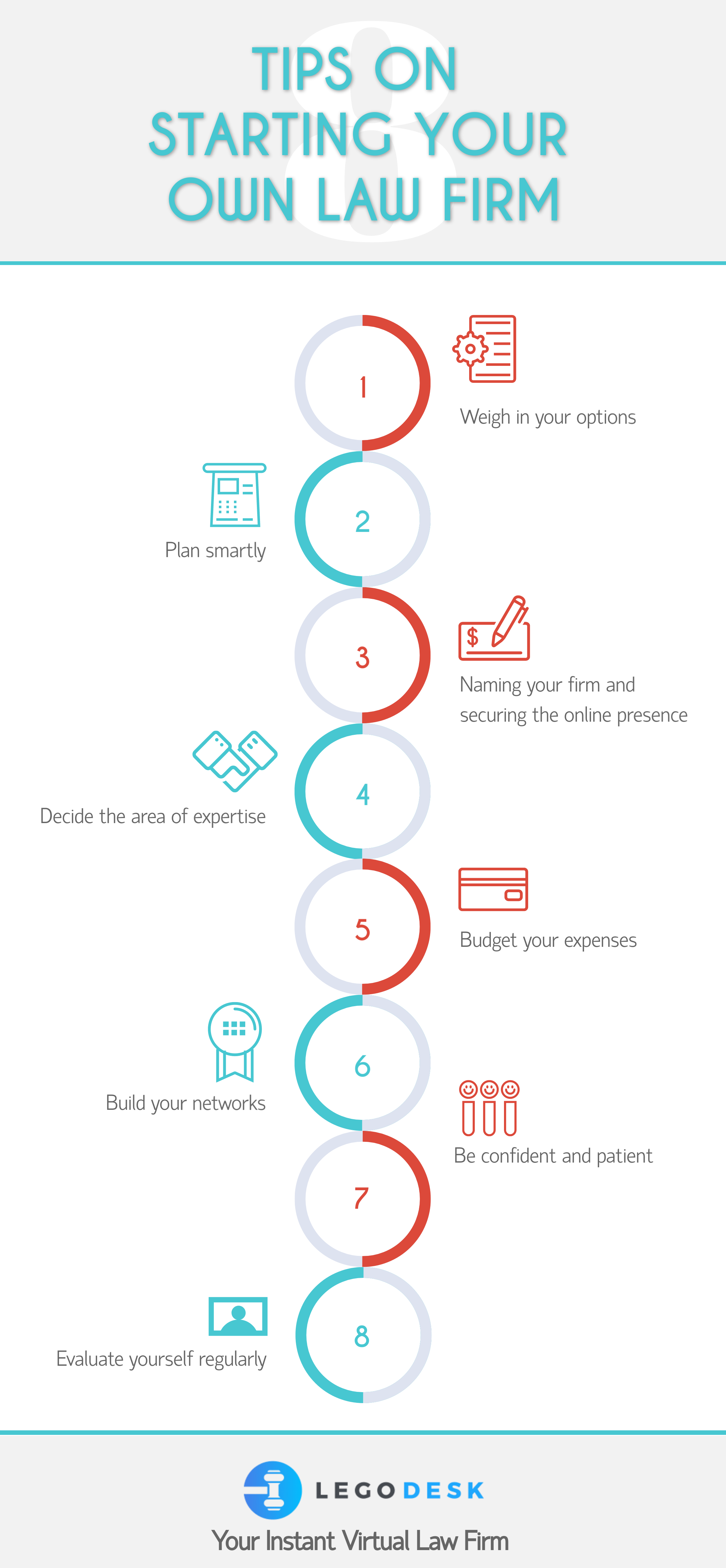In this age, almost every sector runs its business on a digital platform to avoid these problems, including the legal industry. After all, digitalization is an essential part of our personal and professional lives. Many law firms are turning to digital solutions, so if you aren’t one of them, it’s time to make the switch.

1. Recurring Billing
According to your arrangement, it’s important but frustrating to edit and send the invoices manually to clients every month or week. Every month a lot of time is consumed in this task which can be utilized beneficially plus it’s a dull job to do.
2. Time Management
One of the most common law firm problems is that of time management. A law firm’s most valuable resource is time. Law firms should learn to handle their time better as by doing so, they’ll be able to assist their clients adequately and have a better work-life balance. It gets even harder to track time if you don’t have a management system for your law firm.
3. Inefficient Client Satisfaction
This is one of the common challenges faced by law firms. Client expectations have been developed over the past few years by the vast technology available to people within their smartphones. A plethora of daily tasks, such as banking, shopping for groceries, booking transportation, can be handled online instantly, and in 2021, people will expect the same from their law firms.
4. Cyber Security
The cybercriminal community was more engaged than ever before in 2020, with 91% of enterprises reporting a rise in cyber-attacks since the pandemic began. Remote working has left law firms more exposed to cyber-attacks, as cybercriminals have attempted to exploit enhanced attack surfaces with modern phishing, ransomware, and refusal of service attacks. Lawyers today are more worried about these challenges like cyber attacks as compared to early years.
5. Poor Marketing Strategy
Lawyers are reluctant towards marketing; however, the typical lawyer seems to believe possible clients are picking through a pile of somehow-public resumes when choosing a lawyer. Mostly, people hire attorneys because they are having a crisis and ask for a reference. The recommender usually just refers the clients to the last lawyer they know. Losing a recommendation, the client just calls whoever is at the top of a google search is a common problem law firms are facing today.
6. Inefficient Case Management
It can be challenging for law firms to handle their increasing caseload, especially in situations when you get many new clients at once and maintain the same level of dedication and assistance. Regardless of how many cases the firm is managing, its primary concern must be the quality of its work. With the growing competition in legal services, every law firm needs a case management system to take care of all the cases with the same importance.
7. Customer Outreach
With a thriving client base, a law firm must try to keep consistent, clear communication with its clients on their unfinished judicial matters. For a law firm to grow, it should implement new systems and technology to assure its clients are kept regularly informed. It gets very frustrating for the clients if they don’t get regular updates on their legal matters, and they start looking for another lawyer. This is the one law firm problem that you don’t wanna have.
8. Daily Tasks Assigning
One of the most time-consuming processes is assigning daily tasks to your team members. Honestly, it is irritating to keep track of who is doing what, and managing the team to distribute work. The time that is used in assigning daily tasks to junior lawyers can be used in some other essential tasks and cases resulting in your firm’s profit.
9. Stay Ahead of the Competition
Its time consuming and tiring but at the same time, it’s also an important job to do legal research for your cases to stay ahead of your competitors in the court. Going through a huge pile of documents and paperwork takes up your valuable time, which you should be spending managing other pivotal tasks. That’s why law firms are leaning towards case management solutions and online legal research to avoid going through offline and irrelevant documents.
10. Time Consuming Document Creation
You didn’t become a lawyer to spend hours on paperwork, routine follow-ups; which you can automate.
11. No Storage Space for Case Files
Solution for All the Law Firm Problems- Legodesk
Legodesk is a new integrated case management system specifically created for lawyers and law firms. This software is here to solve almost any problem faced by law firms and lawyers.
Also, on its all-in-one dashboard, lawyers can track every activity related to their firm. You can also assign and track day-to-day tasks’ progress on this dashboard.
Moreover, Legodesk also offers the feature to create custom form templates for you to collect information. Moreover, lawyers can also choose from predefined templates. Merge and create your documents on Legodesk and through the E-Signature feature save a lot of time by digitally signing the documents.
When you explore Legodesk, you will learn that it offers many features for law firms to solve technology-related problems. There is also a 14-day free trial that you can try out and cancel at any time afterward. So, you can test it, work on it, and if you like then you pay for it.
Originally published at https://legodesk.com on October 2, 2021.



